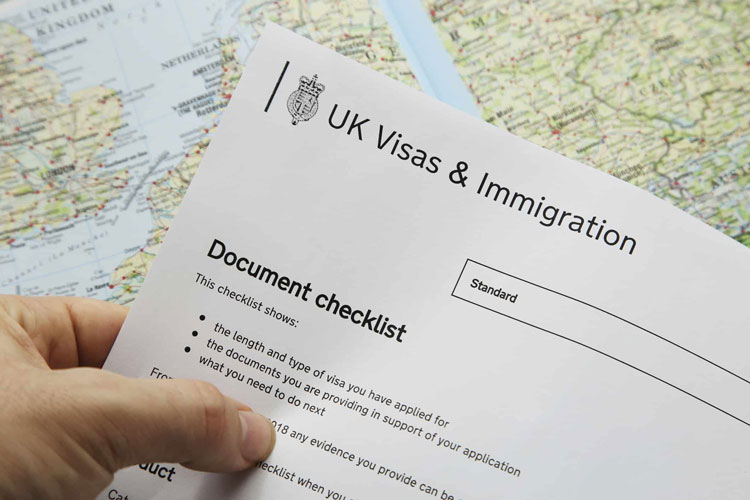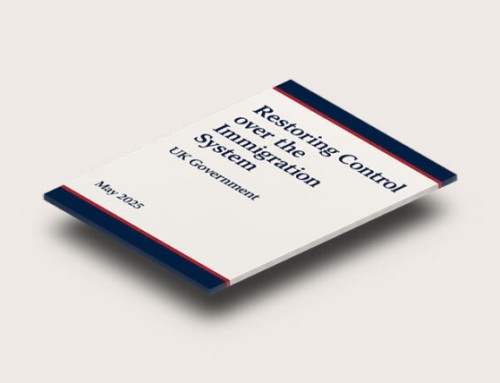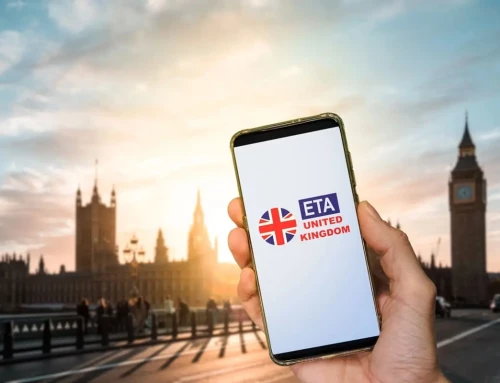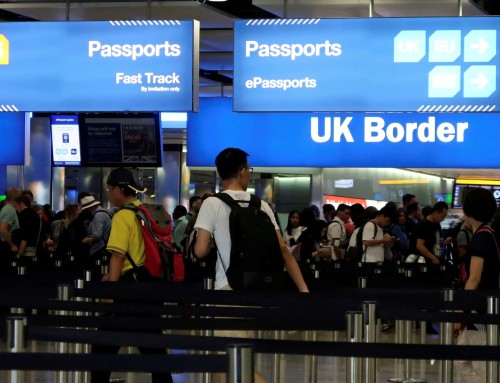Start-up Visa
The Start-up visa is for individuals starting a business for the first time in the UK. It gives a great deal of flexibility, allowing a successful applicant the option to take employment alongside developing their business. An applicant must be endorsed by an endorsing body, who will also have contact point meetings with the business after six and 12 months to assess progress against the original business plan.
The endorsing body will assess if the applicant’s business is innovative, viable and scalable. This involves an assessment of whether:
(a) the applicant has a genuine, original business plan that meets new or existing market needs and/or creates a competitive advantage; and
(b) the applicant’s business plan is realistic and achievable based on the applicant’s available resources; and
(c) the applicant has, or is actively developing, the necessary skills, knowledge, experience and market awareness to successfully run the business; and
(d) there is evidence of structured planning and of potential for job creation and growth into national markets.
There are no investment funds required for this category, but depending on the type of business, an Endorsing Body may expect you to have access to funds, or plans to raise funds in the future in order to meet the viability and scalability criteria.
Leave is granted for a period of two years, and cannot be extended beyond this, so after the two years, a business person will need to find an alternative category of the immigration rules. If this business is going well, they may be able to switch into the Innovator category.
Innovator Visa
The Innovator visa category is intended to be for more established businesspeople. A person can enter this category directly, or may spend time in the Start-up category first.
The category operates in the same way as the Start up, in that an endorsement from a suitable endorsing body will be needed before an application can be made to the Home Office. However, there are many fewer endorsements available for Innovator applicants.
The endorsement criteria for innovation, viability and scalability are:
(a) the applicant must have a genuine, original business plan that meets new or existing market needs and/or creates a competitive advantage; and
(b) the applicant’s business plan must be realistic and achievable based on the applicant’s available resources; and
(c) the applicant must have, or be actively developing, the necessary skills, knowledge, experience and market awareness to successfully run the business; and
(d) there must be evidence of structured planning and of potential for job creation and growth into national and international markets.
There are additional requirements too. Innovators must have access to £50,000. This applies per applicant, even where a team has formed and co-founders intend to invest in the same business idea. Although £50,000 is the minimum required for the visa category, some endorsing bodies may look for founders with access to further funds, or a plan to obtain further funds, if necessary for the scalability of the business. The amount required will depend on the type of business and the anticipated costs.
A restriction that individuals should be aware of is that unlike the Start-up route, migrants in the Innovator category are limited to working only for their own business(es) and cannot take employment in other businesses while their business is being developed.
However, the Innovator category is a route that can potentially lead to settlement in the UK after a period of three years.
Representative of an Overseas Business Visa
The Sole Representative category is only likely to be appropriate for a limited group of people. This is a category which allows businesses which are set up and established overseas, who want to set up a branch or subsidiary in the UK and need to send a senior employee to the UK to operate the UK entity.
Unlike the Start-up and Innovator routes which require a business to be innovative and bringing something new to the UK, a Sole Representative can establish a business doing anything in the UK, providing it is genuine.
However, the reason that it has relatively limited applicability is that applicants in this category must be so senior in their position in an existing overseas business that they are selected to set up and run operations in the UK, without recourse to the parent company abroad, but crucially not be so senior that they have more than 50% shareholding in the business, and not be so senior that the overseas operations will falter without them.
This creates a difficulty for founders of businesses overseas where they are the individual with the experience setting up a business and the authority to make decisions on behalf of the business, but are precluded from using this visa category by virtue of their shareholding in the business.
Other UK Immigration Routes
It is always worth having a full overview of an individuals circumstances, as there are other categories, which also come with a full right to work in the UK which would allow a person to run a business here, for example Global Talent, or Youth Mobility, though the latter does come with some restrictions on employees and business premises. Although there are now many more restrictions on Entrepreneurship by migrants in the UK, there do still exist some categories where this is possible, so it is worth exploring all appropriate options.
Originally published 16 Apr 2021
The content of this article is intended to provide a general guide to the subject matter.
Specialist advice should be sought about your specific circumstances.
Source: mondaq.com




